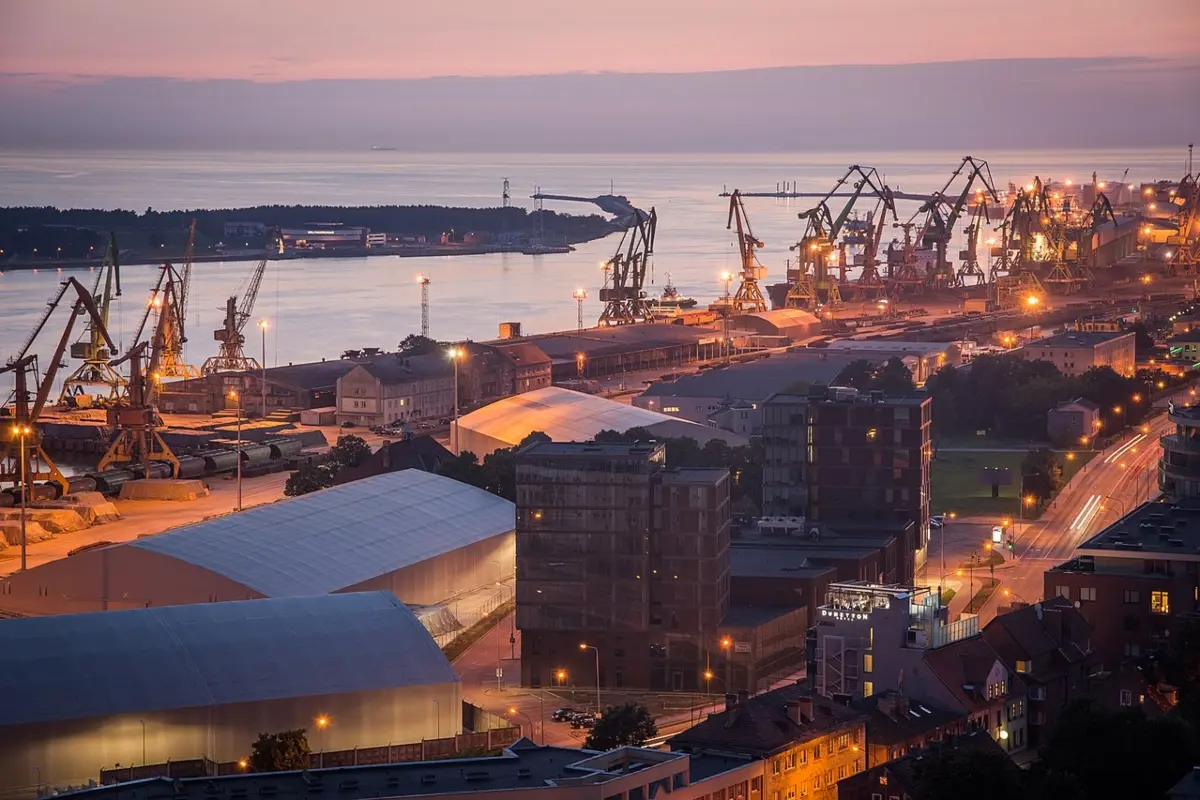
Do you want to access to this and other private contents?
Log in if you are a subscriber or click here to request service
Ukraine /2. Is a "Lithuanian route" opening for wheat?
EU agriculture ministers meet to find a solution to the trade stalemate

While the fate of the Black Sea Grain Initiative seems plunged into the darkest darkness, an attempt to get out of the tunnel comes from the Ministers of Agriculture of the European Union. At the center of the ministers' discussion, held this morning in Brussels, there was also the ban on imports agreed between the EU itself and five countries bordering Ukraine. German Agriculture Minister Cem Ozdemir...
lml - 33232
EFA News - European Food Agency
EFA News - European Food Agency